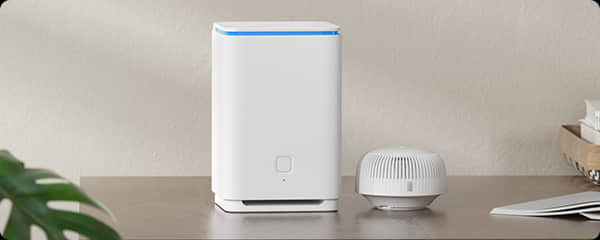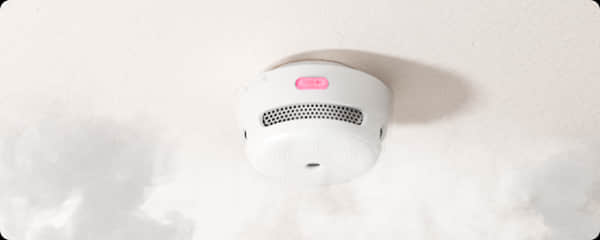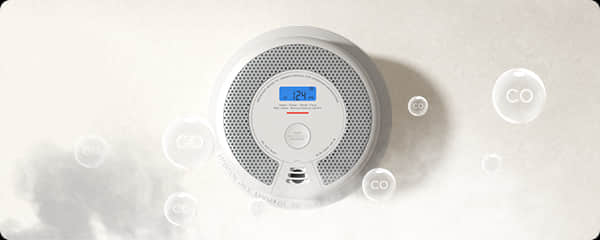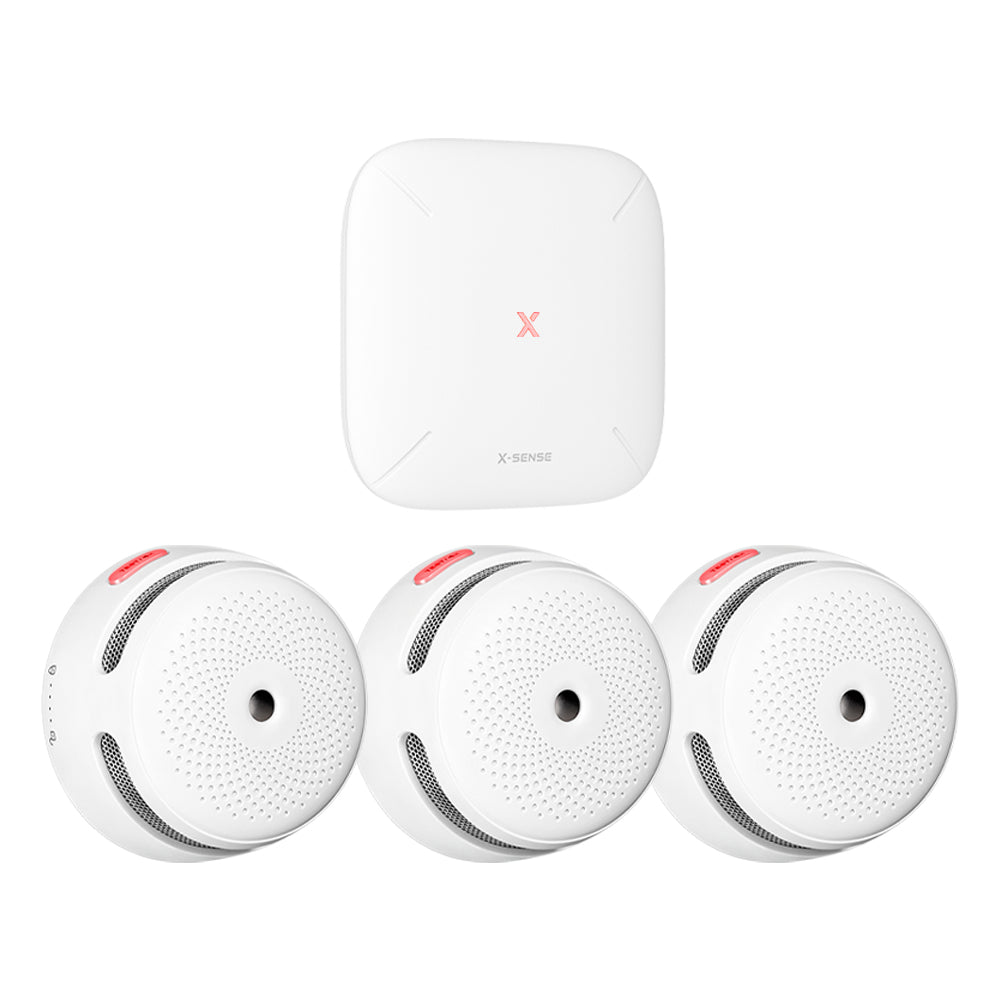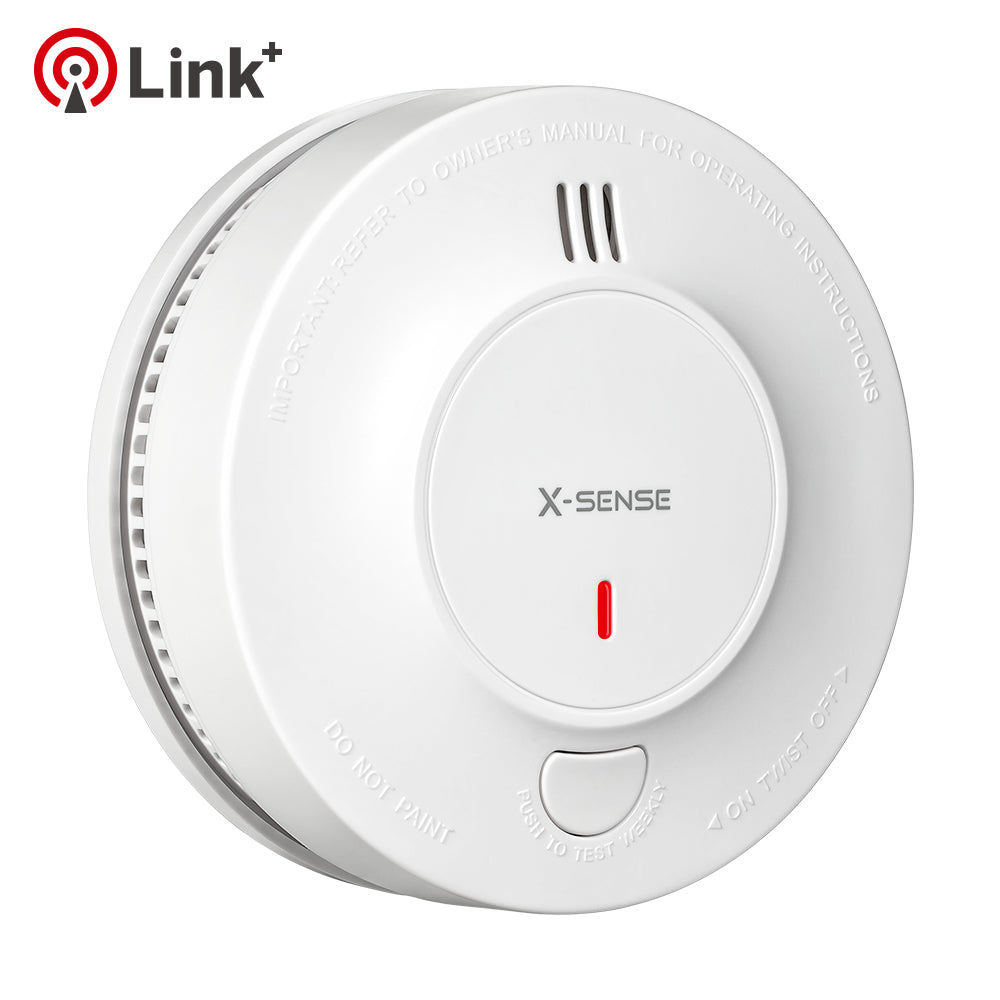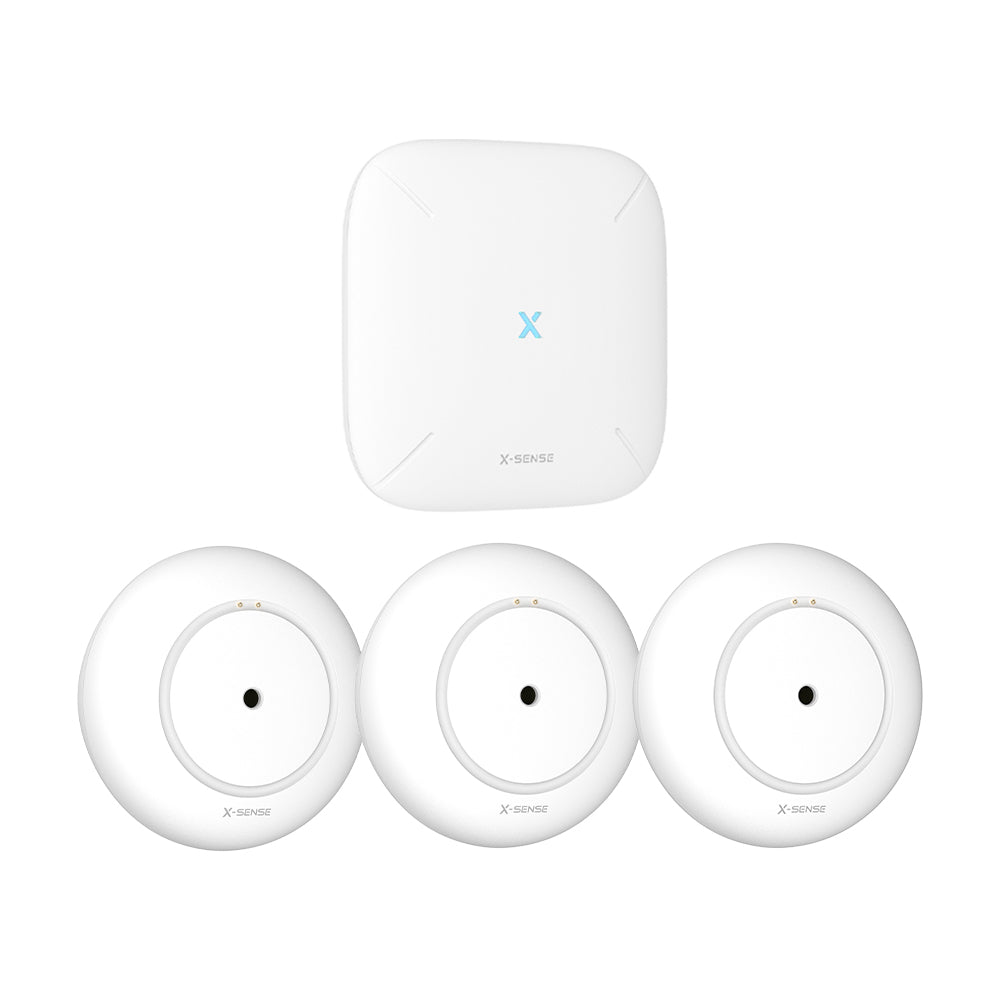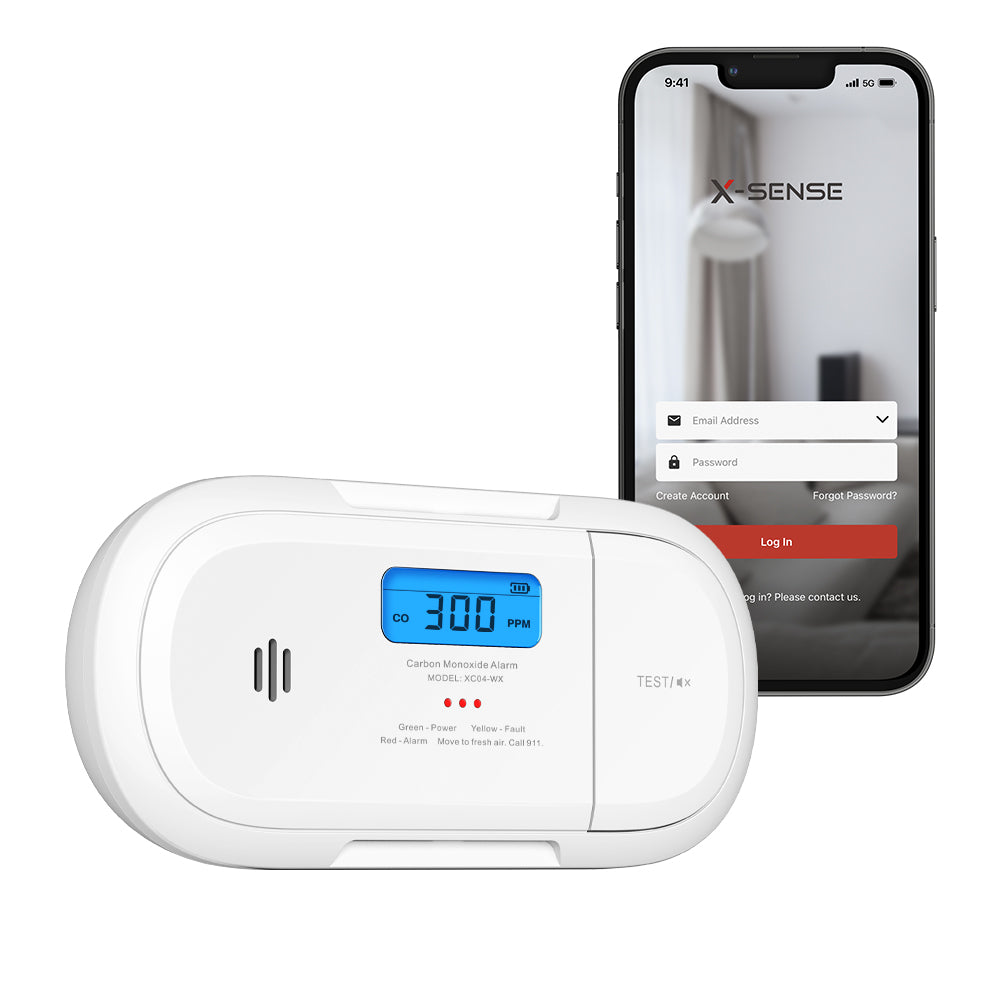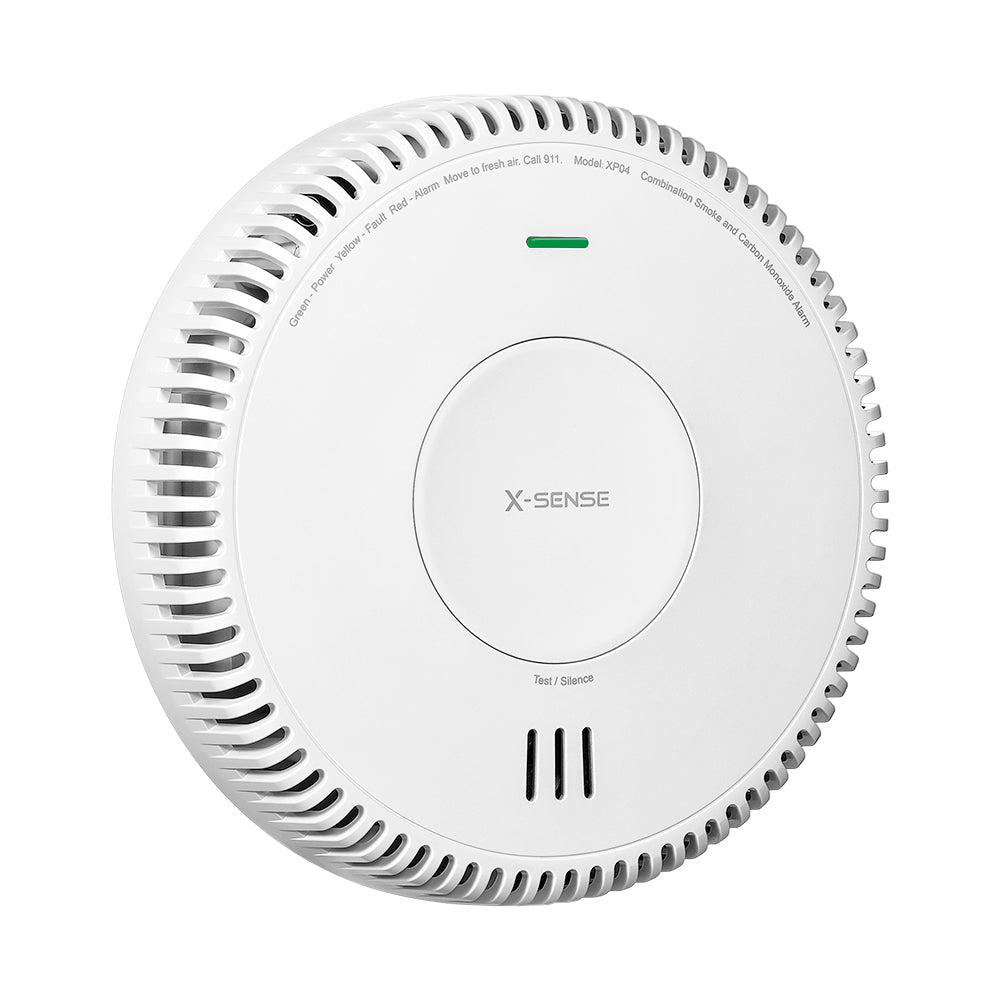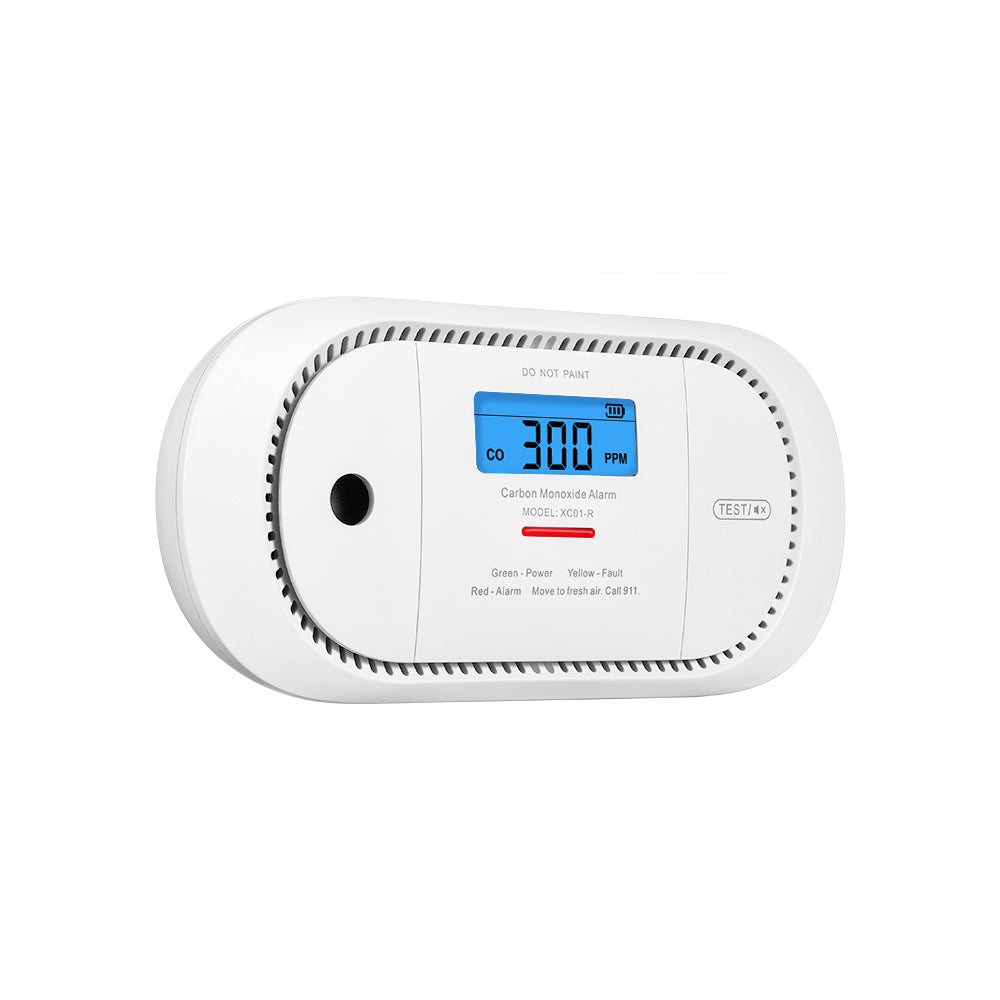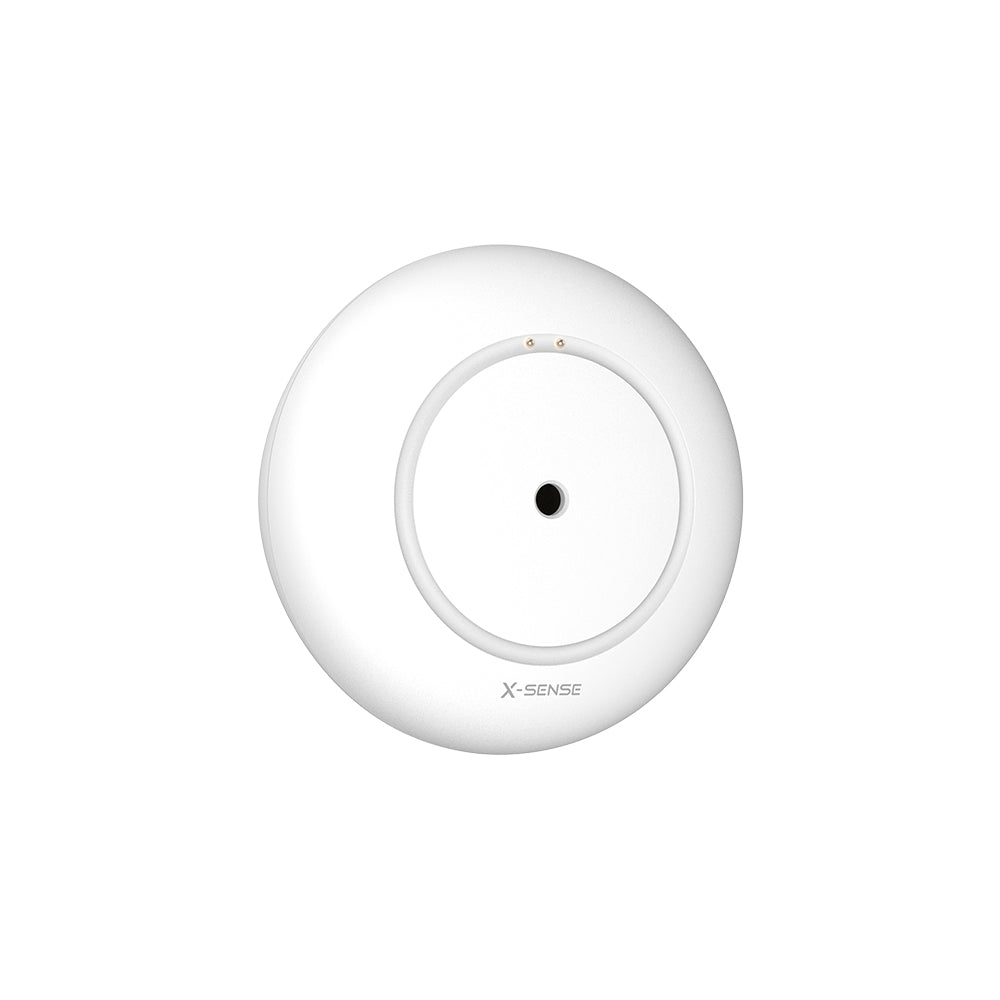Fire Safety for the Deaf or Hard of Hearing
Wed, Apr 05, 2023
A significant portion of the population consists of individuals who are either Deaf or hard of hearing. In the United States, this amounts to around 40 million people, which is approximately one sixth of the total population. Due to their hearing loss, these individuals may not be able to rely on audible smoke alarms to warn them of a fire. Therefore, it is crucial to ensure that they are aware of alternative options such as flashing or vibrating smoke alarms, and that they have a proper home fire escape plan. Local fire departments should make this information readily available and include outreach efforts to individuals who are Deaf or hard of hearing as part of their regular and ongoing life safety education.
Why are Deaf or Hard of Hearing Persons at Risk?
1.Individuals who experience hearing loss may have difficulty hearing smoke alarms and responding quickly to escape a fire.
2.Most individuals remove their hearing aids or cochlear implants while they sleep, which means they may not hear the smoke alarm.
3.Many Deaf or hard of hearing individuals are not aware of special smoke alarms designed for their needs. These alarms may be too expensive to purchase and install.
4.Smoke alarms marketed for individuals with hearing loss may not meet the minimum standards for brightness or loudness in strobe lights.
5.Depending on the severity of their hearing loss and any additional restrictions, Deaf or hard of hearing individuals may need specialized visual smoke alarms and assistance from family members, caretakers, neighbors, or other sources to protect themselves from fire hazards. All individuals who are Deaf or hard of hearing, whether living alone or with others, should be aware of their vulnerability during a fire and have an escape plan and the necessary equipment to evacuate quickly.
How Do Deaf People Respond to Fire Alarms?
There are smoke alarms designed for the deaf or hard of hearing. They have a strobe light and/or a vibrating pad that can be placed under a pillow and activated when a smoke alarm goes off, and can be interlinked with traditional audible alarms in different locations in the home.
Specialist Equipment for the Deaf or Hard of Hearing
For those who are Deaf or hard of hearing and reside alone or with others who share hearing loss, there are specialized smoke alarms available. These alarms use strobe lights and vibrating pads that can be placed under your pillow during nighttime. We offer the fitting of these alarms during a home safety visit.
In case you live in a large or multi-level house and are concerned about not hearing the smoke alarm, you can opt for linked alarms. A qualified electrician can install these alarms, and when one detects a fire, they will all sound the alarm.
Top 5 Fire Safety Devices for People with Hearing Loss
Fires can happen anywhere at any time. In fact, residential fires occur more frequently during the colder months. According to the Federal Emergency Management Agency, 51 percent of house fire deaths occur between 11 p.m. and 7 a.m., when most people are asleep. Because most fire alarms are auditory, people with hearing loss are more vulnerable to the dangers of house fires, especially at night.
Be prepared to learn about the variety of smoke alarms and fire safety equipment available to people with hearing loss.
1. Flash lamp
Strobe light fire alarms are designed to alert the hearing impaired to smoke or carbon monoxide. With a bright and reliable alarm clock, these flashing lights remind people even when they're sleeping. Some strobe light alarms also have different flashing patterns that can distinguish between different warnings. Today, most non-residential fire alarms have lights, and it pays to install them in your home.
2. Vibrating equipment
Bed shakers are a useful tool for people who may not be awakened by a standard audio or visual smoke detector. By connecting the shaker to a traditional fire alarm and placing it under a pillow, when it detects smoke, the shaker vibrates and flashes the word "fire" on the screen. Fire Safety Vibrating tools have saved more than 800 lives, according to the American Red Cross.
The Red Cross has also installed a limited number of dedicated bedside alarms for people who are deaf or hard of hearing. To apply for a free installation, visit getasmokealarm.org.
3. sprinkler
Smoke detectors are important, but unfortunately, they do nothing to control fires. A home sprinkler system can either alert you or help extinguish the fire. Not only do they save lives, they also reduce smoke and fire damage to homes.
4. Fire extinguisher
It is advisable to have a personal fire extinguisher on every floor of your home. While most house fires start in the kitchen, having multiple fire extinguishers can eliminate any problems that may result from the fire. Make sure you check each gauge monthly and record your findings. Fire extinguishers should be thoroughly disassembled and inspected inside every six years.
5. Fire blanket
A fire blanket is a safety device that can extinguish early and small fires. They are great items to store in your garage, car or home. A fire blanket not only smoulders small fires, but also wraps itself around them to provide extra protection when trying to escape a burning building.
Whether you're putting out a fire with a fire extinguisher or replacing the battery on your smoke detector, make sure your fire safety equipment is easily accessible. Protect yourself and your home with these fire safety devices. You can read more about hearing AIDS here.
